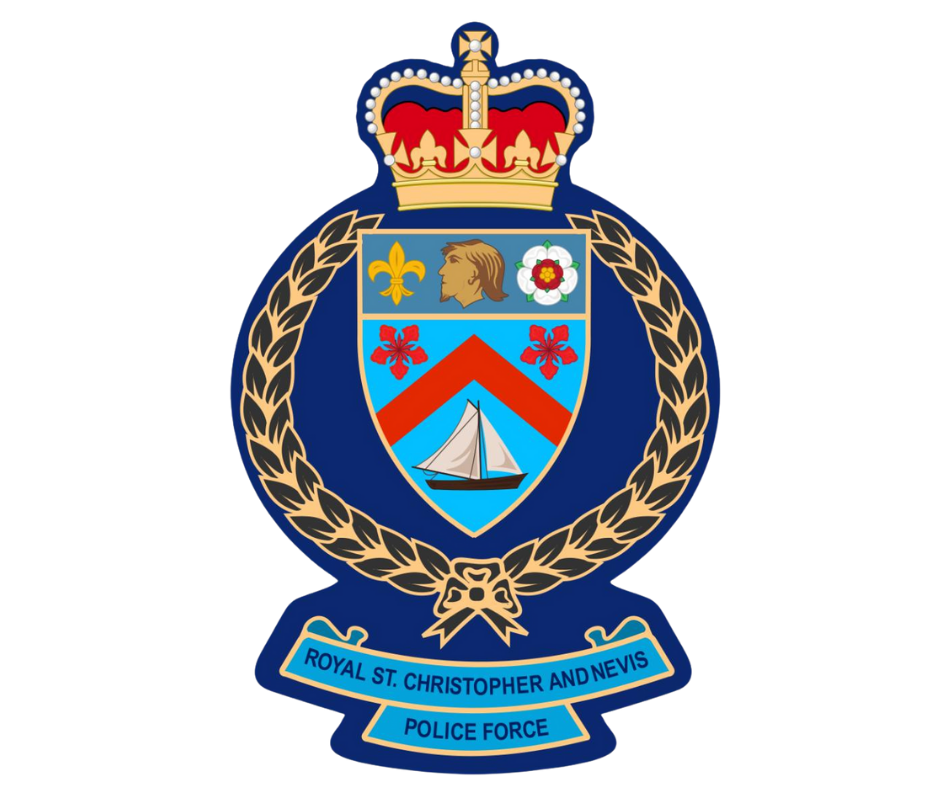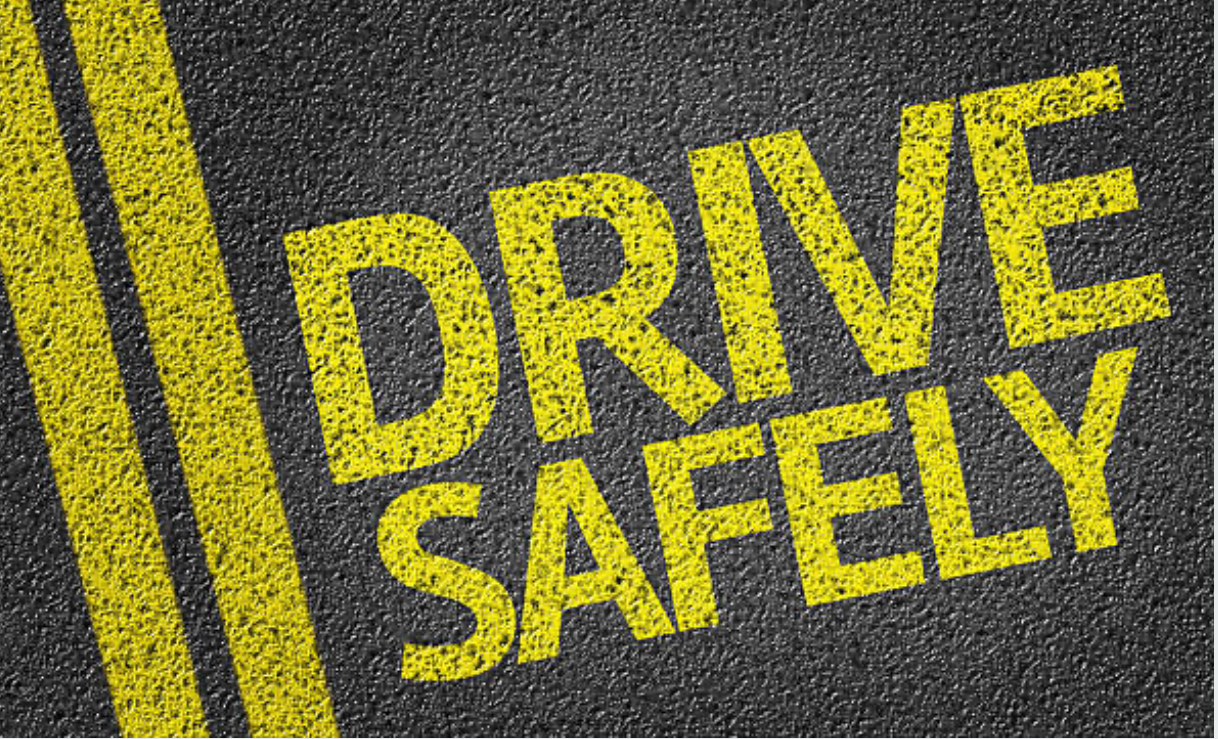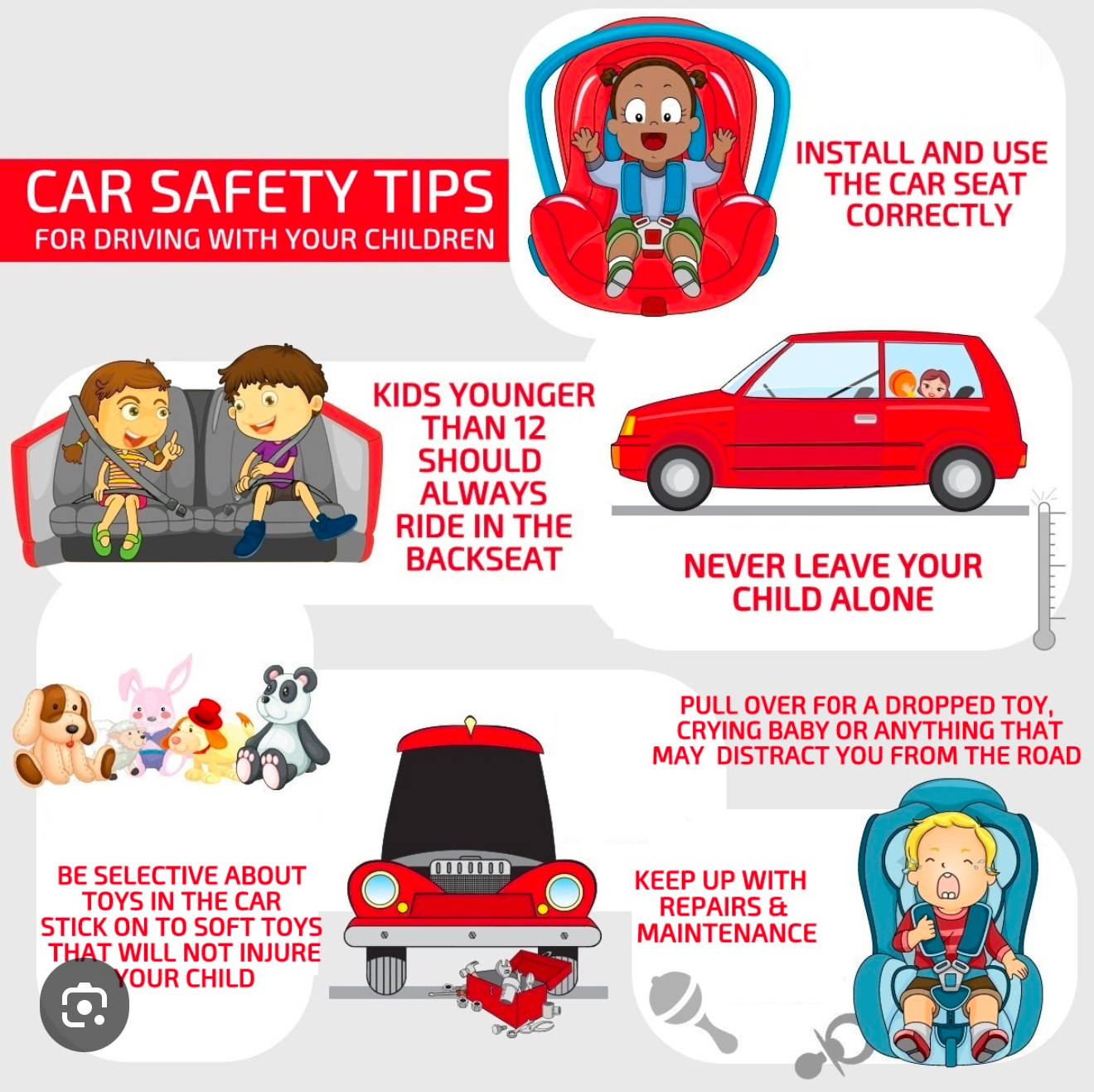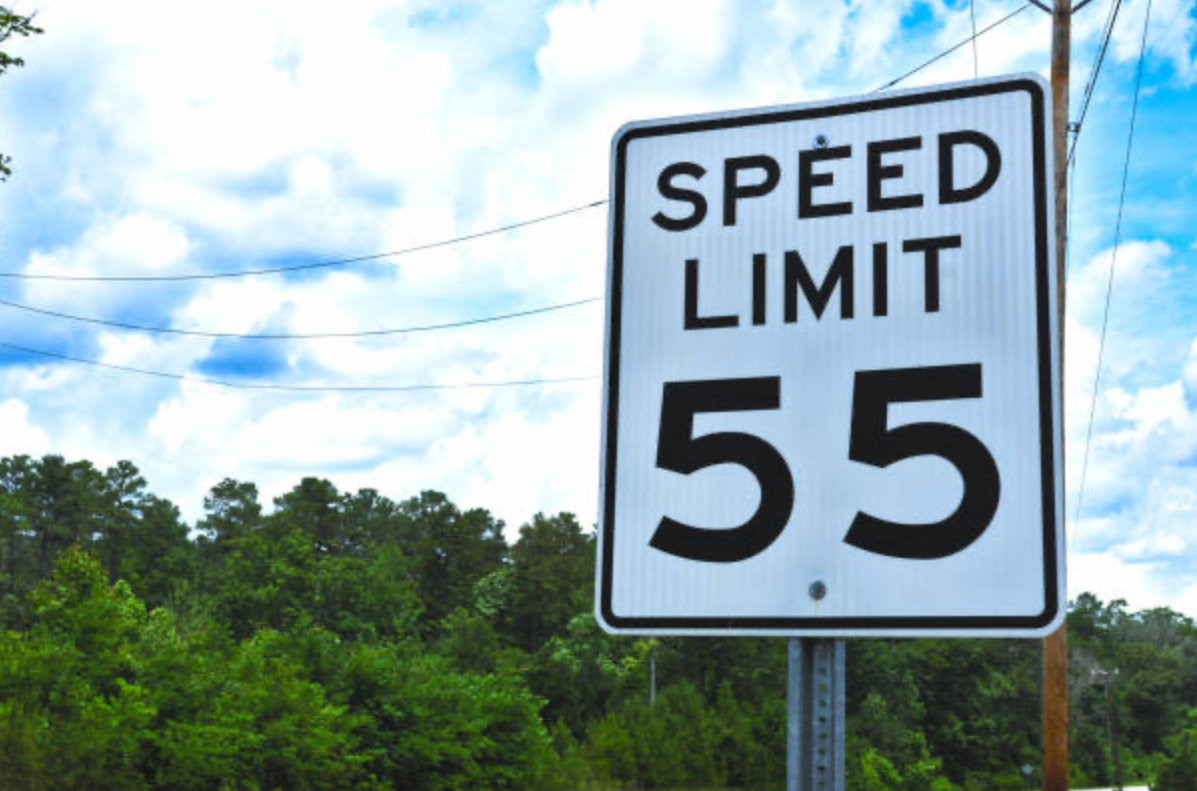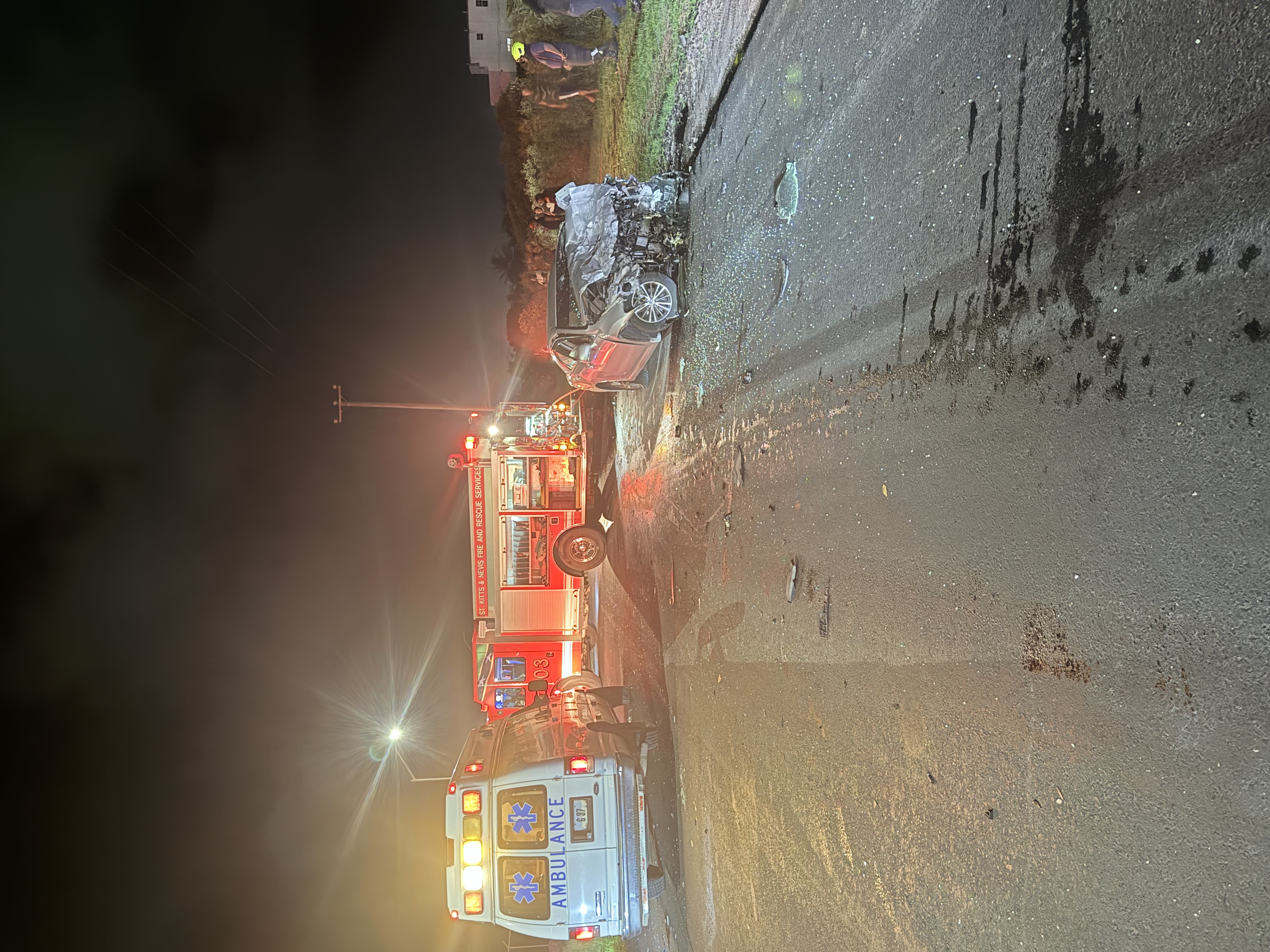Road Safety In St. Kitts And Nevis: A Public Health And Economic Perspective
18 Feb, 2025 03:02 PMAdmin
Introduction
Road safety is a growing concern in St. Kitts and Nevis, with traffic accidents leading to significant human and financial costs. As a small island federation with a developing infrastructure, the impact of road crashes is particularly severe, affecting individuals, businesses, and national productivity. The injuries and fatalities resulting from road traffic incidents place an increasing burden on the healthcare system, while the economic costs—ranging from medical expenses to lost productivity—pose challenges for national development.
Despite existing road safety regulations, reckless driving, speeding, and impaired driving remain major contributing factors to road accidents. Limited road infrastructure, including narrow roads, sharp curves, and inadequate pedestrian facilities, further exacerbates the problem. Additionally, a lack of widespread road safety awareness and inconsistent law enforcement contribute to the frequency of accidents. Addressing these challenges requires a comprehensive approach that integrates public health initiatives, economic planning, infrastructure improvements, and stricter law enforcement measures.
This paper examines road safety in St. Kitts and Nevis through the lenses of public health and economic cost. It highlights the urgent need for improved policies, public awareness campaigns, and better infrastructure to mitigate the risks associated with road crashes. By understanding the impact of road accidents and implementing evidence-based strategies, the country can enhance public safety and reduce the economic burden associated with road-related incidents.
Road Safety as a Public Health Issue
In St. Kitts and Nevis, road traffic injuries (RTIs) are one of the leading causes of hospitalizations and fatalities. Due to the country’s relatively small population, each serious accident has a disproportionate effect on healthcare resources, placing strain on medical facilities and emergency services. The Joseph N. France General Hospital in St. Kitts and the Alexandra Hospital in Nevis frequently treat victims of road crashes, often requiring emergency surgeries, long-term rehabilitation, and intensive care for critical injuries. Many survivors suffer from disabilities that require lifelong medical attention, significantly affecting their quality of life and ability to work.
Beyond physical injuries, road crashes also take a toll on mental health. Victims and their families often experience psychological trauma, including post-traumatic stress disorder (PTSD), anxiety, and depression. The loss of a loved one in a road accident can lead to long-term emotional and financial hardship, particularly for families that depend on the victim’s income.
Key risk factors contributing to road accidents in St. Kitts and Nevis include speeding, reckless overtaking, drunk driving, distracted driving (such as mobile phone use), and failure to use seat belts and helmets. Additionally, pedestrians and motorcyclists are at high risk due to the absence of dedicated walkways and cycling lanes. The lack of road safety education and enforcement of traffic laws further increases vulnerability among road users.
From a public health perspective, addressing road safety requires targeted interventions. Preventative measures such as strengthening speed limits, enforcing drink-driving laws, promoting helmet and seat belt use, and conducting road safety awareness campaigns can significantly reduce injuries and fatalities. Investing in better emergency response services, including more ambulances and trauma care units, is also essential to improving survival rates and long-term recovery outcomes.
The Economic Costs of Road Crashes
Road accidents in St. Kitts and Nevis impose a significant financial burden on individuals, businesses, and the government. The World Health Organization (WHO) estimates that road crashes cost countries approximately 3% of their Gross Domestic Product (GDP), a figure that can be particularly detrimental to small island economies. In St. Kitts and Nevis, these costs manifest in various ways, including medical expenses, loss of productivity, vehicle repairs, insurance claims, and government spending on accident management and infrastructure repairs.
For individuals and families, the economic impact of a road accident can be devastating. Hospital bills, rehabilitation costs, and loss of income due to injury or death can push families into financial hardship. Many victims are young, working-age individuals who contribute significantly to household earnings, meaning their incapacitation or death affects not only their families but also the overall workforce of the country. Additionally, families may face increased dependency on social assistance programs if the main provider is unable to work due to accident-related injuries.
Businesses also experience productivity losses when employees are injured in road crashes. When workers take time off to recover or become permanently disabled, businesses must bear the cost of absenteeism, temporary replacements, or reduced efficiency. In tourism-dependent economies like St. Kitts and Nevis, where many workers rely on transportation to commute to hotels, restaurants, and attractions, road safety incidents can disrupt operations and affect service quality.
The government, too, bears significant economic costs related to road crashes. Public healthcare facilities must allocate resources for accident victims, often at the expense of other critical medical services. The police force, fire and rescue services, and road maintenance departments must also deploy resources for crash investigations, emergency response, and infrastructure repairs following accidents. Additionally, insurance claims and compensation payouts increase the overall cost of road traffic incidents, leading to higher premiums for policyholders and financial strain on the national economy.
Investing in road safety measures can yield substantial economic benefits. Studies show that preventive measures, such as improved road infrastructure, stricter law enforcement, and public education campaigns, can save millions in medical expenses and lost productivity. Governments that prioritize road safety not only protect lives but also reduce long-term economic losses, creating a safer and more prosperous society.
Policy Recommendations and Conclusion
To reduce road traffic accidents and their associated costs in St. Kitts and Nevis, a coordinated approach involving multiple sectors is essential. Key recommendations include:
-
Strengthening Law Enforcement
- Increasing traffic patrols and enforcement of speed limits, drink-driving laws, and mobile phone use while driving.
- Implementing stricter penalties for reckless driving, failure to wear seat belts, and helmet non-compliance.
- Utilizing technology such as speed cameras and breathalyzer tests to enhance enforcement.
-
Improving Road Infrastructure
- Expanding road networks to reduce congestion and enhance safety, particularly in high-risk areas.
- Installing better street lighting, road signs, pedestrian crossings, and speed bumps in accident-prone zones.
- Developing safer routes for pedestrians and cyclists to minimize their exposure to traffic risks.
-
Enhancing Public Education and Awareness
- Conducting nationwide road safety campaigns to educate drivers, pedestrians, and cyclists on responsible road use.
- Introducing road safety education in schools to instill safe habits in young drivers and pedestrians.
- Partnering with media outlets to raise awareness about the consequences of reckless driving and impaired driving.
-
Strengthening Emergency Response Systems
- Increasing the number of ambulances and trauma care units in hospitals to improve post-accident survival rates.
- Training emergency responders and healthcare professionals to handle accident victims efficiently.
- Establishing a national road accident database to track incidents and analyze trends for policy improvements.
-
Encouraging Private Sector Involvement
- Collaborating with insurance companies to offer incentives for safe driving behavior.
- Engaging businesses in road safety initiatives, such as providing defensive driving courses for employees.
- Partnering with transportation companies to ensure fleet safety and compliance with road regulations.
In conclusion, road safety in St. Kitts and Nevis is not only a transportation issue but also a critical public health and economic concern. Traffic accidents place a significant burden on healthcare systems, reduce workforce productivity, and impose financial hardships on families and businesses. By implementing stronger road safety policies, improving law enforcement, investing in infrastructure, and increasing public awareness, the nation can reduce the incidence of road crashes and their associated costs. Prioritizing road safety will lead to a healthier, more secure, and economically stable society for all.




